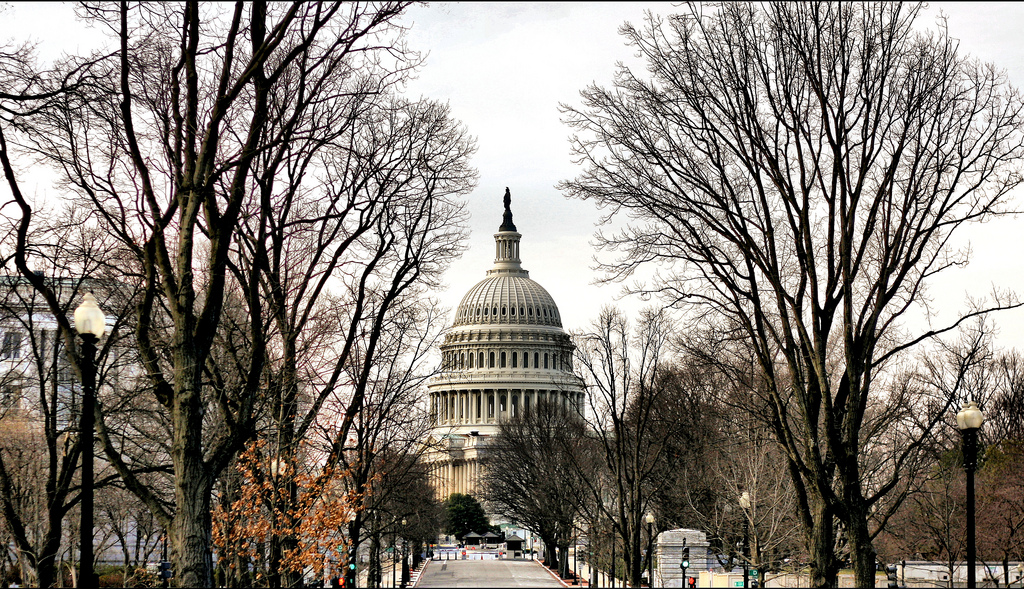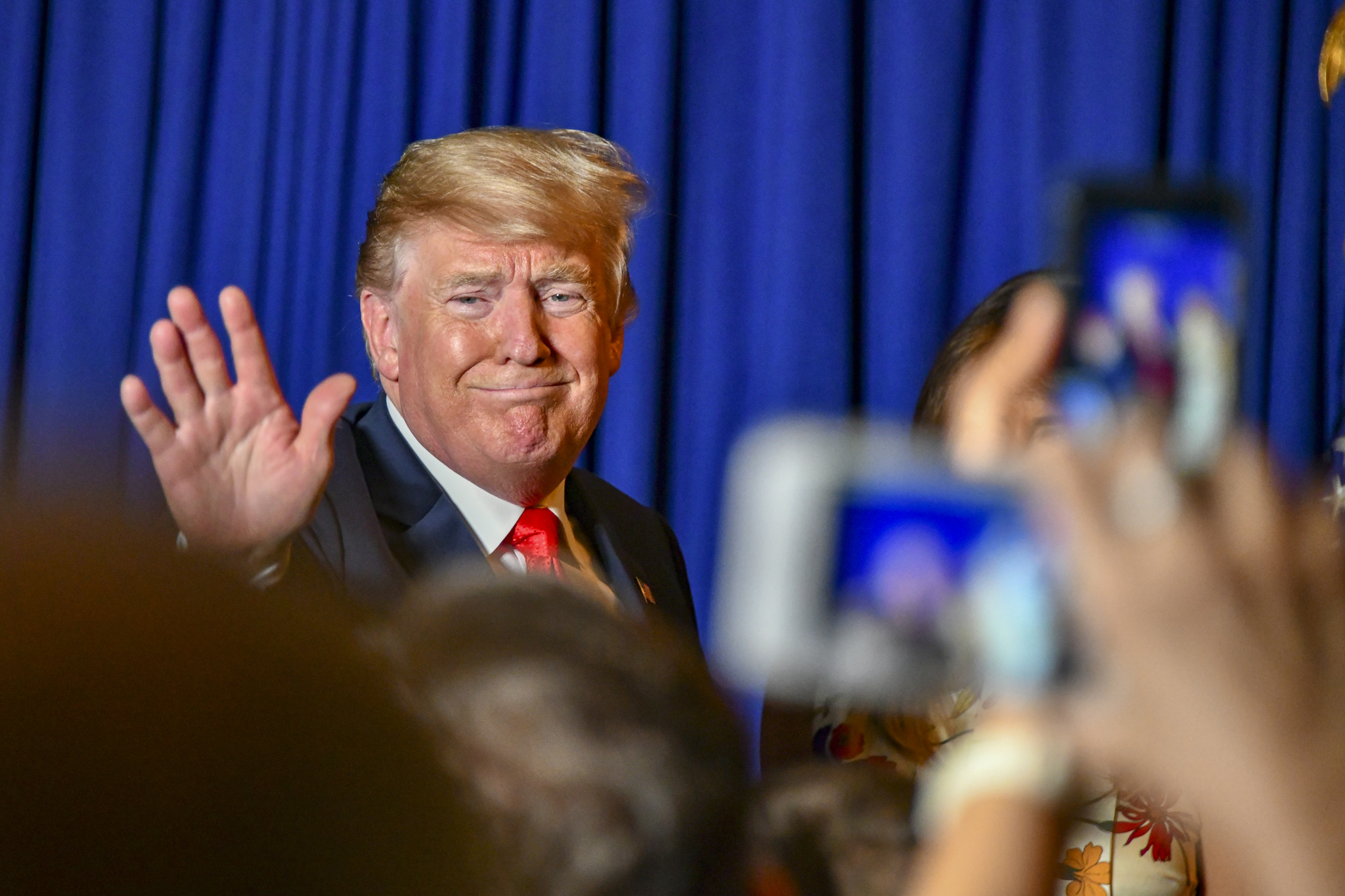After at least a dozen Republican senators have been urging the party’s leader in the upper chamber to forgo the traditional summer break, Senate Majority Leader Mitch McConnell has cancelled all but one week of the traditional August recess. On Tuesday, the Kentucky senator said the move comes after “historic obstruction” by Senate Democrats – namely in the form of stalling on the nomination process for the president’s picks for numerous posts.
“The August recess has been canceled. Senators should expect to remain in session in August to pass legislation, including appropriations bills, and to make additional progress on the president’s nominees,” McConnell said according to a report from Politico.
By cancelling nearly all the traditional recess, there is an opportunity to unite the party within the Senate to craft more productive legislation. While the Senate will use the extra time in hopes to confirm as many of President Trump’s judicial and executive branch nominees as they can, the recess cancellation will also keep incumbent Democrats off the campaign trail in a contentious midterm election cycle.
Currently, there are 10 Democrats up for re-election in states that Trump carried in 2016. On the Republican side, there is only one running for re-election in a state that Clinton won – Dean Heller of Nevada.
Nevertheless, some Republicans are concerned that the cancellation may become a regular occurrence, but this year is quite different than others.
In contrary to those who wanted the summer recess, Senator David Perdue (R-GA) said that his party, and indeed the Senate at-large, should take this time and be more productive.
“It is important to remember that simply canceling the August state work period is not the goal. We should be working nights and weekends now to get the results the American people sent us here to deliver,” Perdue explained.
There is small hope that the Senate will get back some of its summer recess time. If McConnell and Minority Leader Chuck Schumer (D-NY) can cooperate on spending bills, the annual defense authorization bill, a water infrastructure bill, and Trump’s nominees, McConnell may be able to restore some of the recess.







